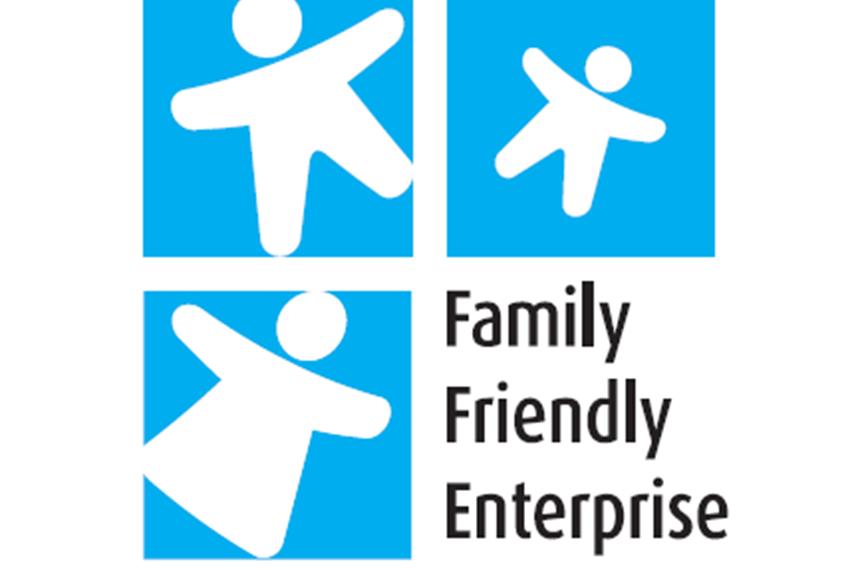
CSR meets HR: Work life balance
»Nowadays, people are striving to create a balance between family and work responsibilities. Broad research suggests that people who are aware of the work-life balance are more satisfied with their lives and report better physical and mental health« (Haar et al., 2014: 362).
The area of employees and working practices is very well covered in the systems of corporate social responsibility and represents one of the key areas in the central corporate social responsibility standards (e.g. ISO 26000 and GRI - Global Reporting Initiative), through employees as key stakeholders of the organisation. However, organisations are insufficiently aware of this and still see social responsibility primarily as responsibility towards the environment in general (care for nature and concern for society through donations and sponsorships). This is understandable in a way, because management generally pays insufficient attention to the strategic function of human resource management and also fails to recognise the strategic function of social responsibility.
The benefits provided by an active policy of reconciliation of private and professional life represent above all a clear message to employees that they are important to the company and that the management cares about their well-being at work. As a result, employee satisfaction grows and with that also their loyalty to the company. Employees can better balance work and family life, and with reduced stress their motivation and productivity are increased. Family friendly policies and implementation of measures for work life balance has a positive economic impact on the company: productivity is increased because employees are more focused at work; absenteeism is reduced; organisation of work is improved and fluctuation related costs are reduced. The company also improves its reputation among business partners and the external public, which enables recruitment of the best talents.
And what can companies do to improve an individual’s work life balance?
-Awareness-raising about the rights of employees related to the possibilities of reconciliation of private and professional life.
- Creation of an organisational culture and implementation of values that enable employees to benefit from existing rights without sanctions (formal and social).
- Establishment of good practices and enabling all employees to benefit from rights.
- Training of management to support reconciliation of family and work life.
- Encouraging positive change through concrete examples.
Good practice from Slovenia - certificate Family Friendly Enterprise
Family Friendly Enterprise certificate is based on the CSR principle of employee – management cooperation with an emphasis on work-life balance. FFE certificate is a long-term consultation process, which provides positive effects that go beyond reconciling work and private life of employees and reflect competitive advantages with positive economic effects for companies and long-term effects for the society.
Family friendly enterprise certificate is a socially responsible principle of cooperation with employees and is the only certificate of its kind in Slovenia.
Trough the certification process the company/organization sets and implements specific goals and measures. On the basis of an internal evaluation, the company (with the help of an expert counsellor) prepares an action plan of implementation of measures, with the objective of better management of work processes and improvement of quality of work environment for better reconciliation of work and private life.
After a positive evaluation of selected measures by an independent revision board the company/organization is granted a basic certificate Family friendly enterprise.
After 3 years an evaluation is made to establish, whether the selected measures were implemented and objectives achieved. If the answer is positive, the company is granted a full certificate Family friendly enterprise, which is preserved if the company selects new measures for the next three year period.
During the process the organizations have to follow the implementation plan of selected measures and activities they have set for themselves. Throughout the whole process their work is monitored by a counsellor on the basis of annual reports.
From the beginning of the project (in 2006), over 250 Slovenian companies and organisations joined the process. Those companies employ around 80.000 workers. Companies involved are very diverse, ranging from IT companies, manufacturing companies, banks, ministries, hospitals etc.
Author: Ekvilib Institute (Slovenia)

Follow us on